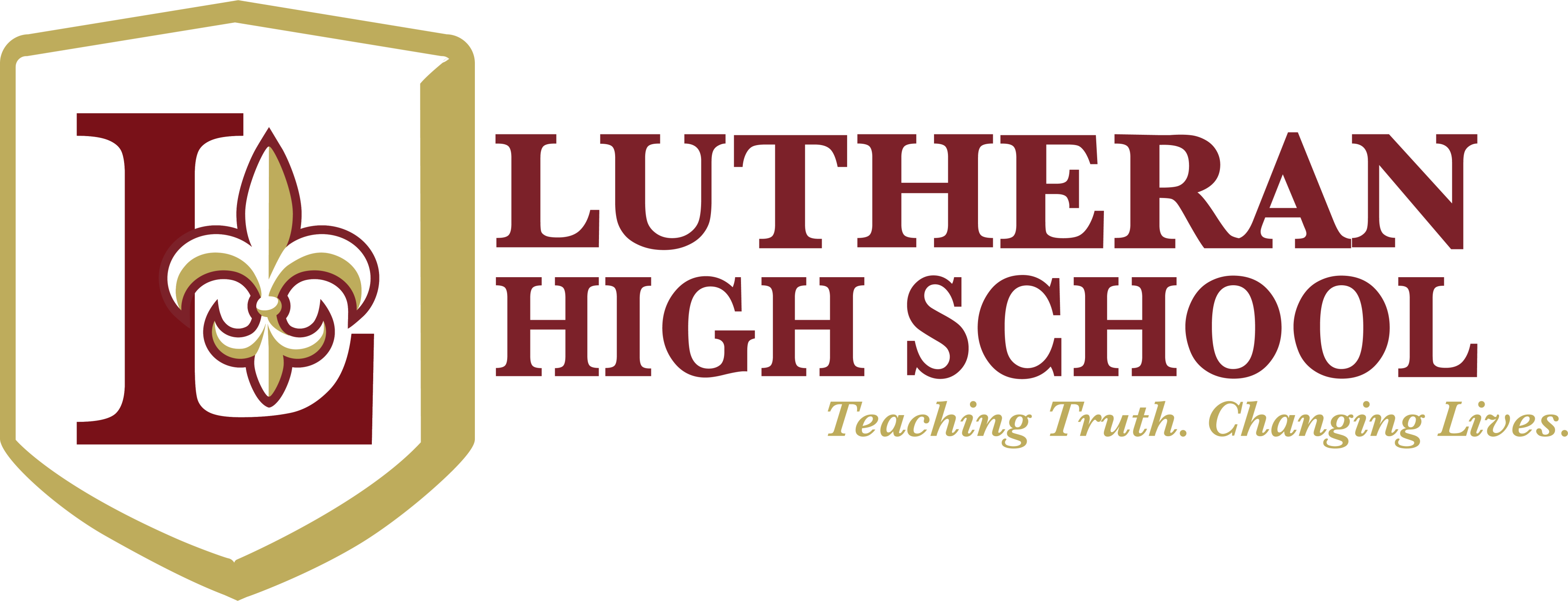The goal of Physical Education and Health courses at Lutheran High School is give students opportunities to develop skills necessary for a lifetime of activity, and to achieve and maintain healthy behaviors to enhance overall health and wellness.
Two semesters of Physical Education (PE I & PE II), are required for graduation and should be completed by the end of the sophomore year. Students participate in a variety of activities designed to develop fundamental movement patterns and promote social interaction. PE I and PE II are prerequisites to Physical Conditioning, an elective where students can continue to develop their flexibility, cardiovascular endurance, muscular strength and endurance, balance, agility, speed, and power.
Lutheran High School offers an Alternative Physical Education Program; participation in two different IHSAA sports at Lutheran can be substituted for PE I and PE II, or participation in one IHSAA sport may be substituted for PE I. For details and requirements for the Alternate Physical Education Program, click here.
Students are required to take the semester course Health and Wellness for graduation which is typically taken during the freshman year.
